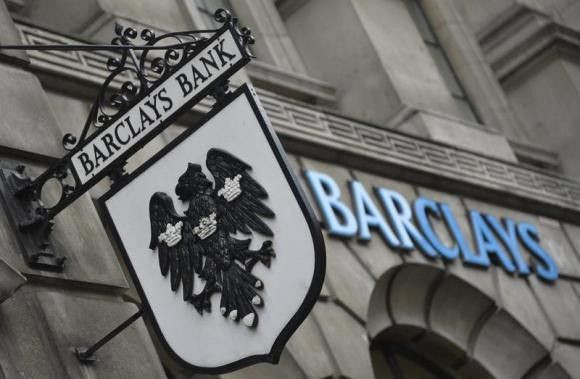Barclays Bank names investment banker James Staley as new CEO: Renews focus on investment banking despite setbacks

Showing a new passion for investment banking, Britain's Barclays Bank has appointed former JP Morgan banker James Staley as its new chief executive. Staley's appointment will be subject to approval by British regulators. Also known as Jes, Staley currently works for the U.S. hedge fund Blue Mountain Capital Management.
Turbulence
Barclays' board has approved the appointment of the 58-year-old American and a formal announcement will be made soon, the BBC reports.
Barclays bank is in the process of revamping itself with a new focus after coming under the shadow of forex and Libor rigging scandals that hit the bank and led to the firing of chief executive Antony Jenkins in July. At present, the bank is in the middle of a three-year plan to cut 19,000 jobs, including 7,000 in the investment bank.
However, the bank was able to increase its net profits by 43 percent to US$2.512 billion (AU$3.40 billion) in the first half of the fiscal year, by way of cost-cutting and higher revenue. In May, Barclays faced another setback when it was slapped a fine of US$2.4-billion (AU$3.2 billion) by U.S and U.K. regulators for alleged manipulations in foreign exchange trading.
Analysts’ concerns
Barclays' plan to name Jes Staley as CEO also opened a new dimension to the bank’s love-hate relationship with investment banking, according to analysts. The move also introduces more uncertainty over its strategy, reports the Wall Street Journal.
Most of the big banks in Europe and the U.K. are struggling to make money from investment banking as they are under pressure from tighter regulation and big competition from the U.S. rivals.
Analysts are concerned that Staley’s appointment may signal a lurch back toward investment banking after its downsizing by former CEO Antony Jenkins. The process could also call for more capital infusion, analysts warned.
“While this removes one uncertainty regarding the future CEO, we see it raising more uncertainties on the outlook, which are likely to weigh on the shares,” said James Chappell, an analyst at Berenberg.
After hoping that Barclays might emerge as a long-term winner in the sector, it is returning to its bad old ways, Chappell added.
“His appointment will indicate a greater commitment to the investment bank, but then Barclays’ profitability problems are linked to the investment bank and not the traditional bank,” Chintan Joshi, an analyst at Nomura noted.
The political backlash against investment banking has been stronger in Europe than in the U.S. In Britain, stringent rules mandating separation of retail banking and investment banking through “ring-fencing” are already in force.
For Barclays, investment bank was at the heart of its success in the 2000s and it grew phenomenally under the leadership of Bob Diamond. But that segment started collapsing under the weight of over regulations soon after the global financial crisis, and Diamond too left the bank as the Libor-rigging scandal snowballed.
For feedback/comments, contact the writer at feedback@ibtimes.com.au or let us know what you think below.





















